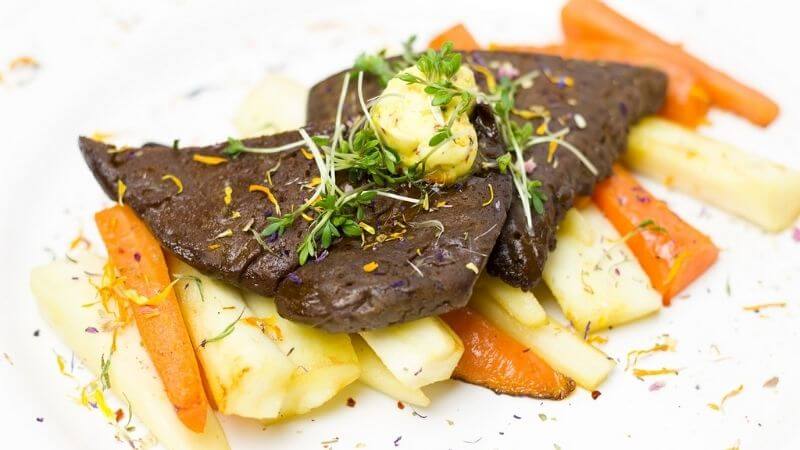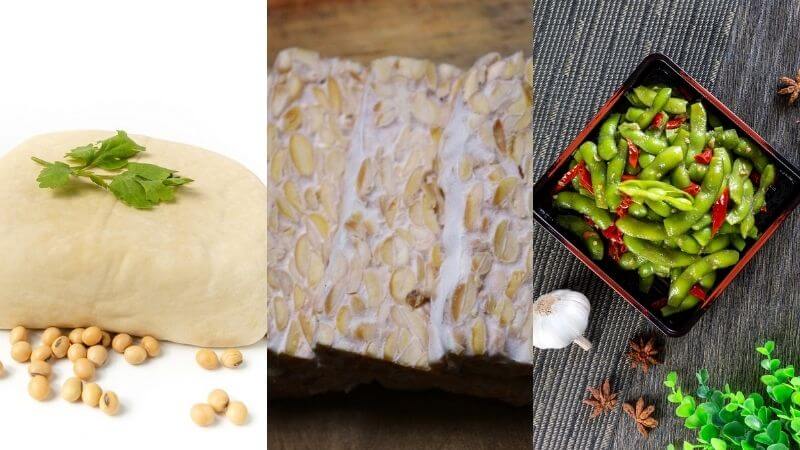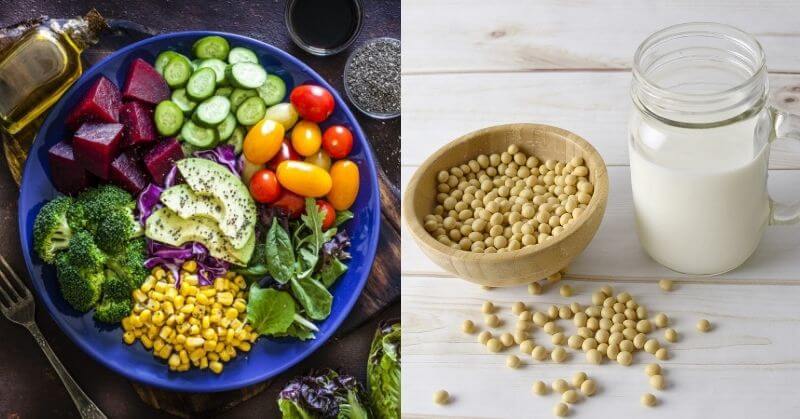Veganism is no longer a ridiculed concept; it’s associated with numerous health benefits, tapping into the eco-conscious state of the world, and a progressive movement towards a greener way of life. Proteins play main roles in the body, like maintaining muscle strength to biochemical reactions, acting as a messenger, balances fluids, etc. Here we will see a list of vegan friendly protein rich grains, seeds, nuts, fruits, and vegetables for vegetarians and vegans.
1. Seitan

Seitan is protein-rich mock meat made from gluten which is the main protein in wheat. It also contains selenium, iron, calcium, and phosphorus as nutrients in it—iron in low proportion in comparing others. Vegans with celiac diseases or gluten diseases should avoid seitan in their diet.
2. Tofu, Tempeh And Edamame

Edamame is the immature soybeans in the pod streamed to cook and add a taste of sugar or salt before serving. It tastes sweet and slightly grassy. Tofu is the pressed bean curds like cheesemaking from milk curd. Tempeh is prepared by fermenting the matured soybeans and then pressed to the patty. Tofu is not tasty as tempeh; it is more neutral it easily absorbs the flavor of ingredients mixed with it. Since all three are soybean products, they contain nutrients like iron, calcium, 10-19 grams of protein from 100 grams. In addition to this, edamame contains folate, vitamin k, and fiber.
3. Lentils

Lentil is the lens-shaped seed from the legume family. It is a good source of protein and fiber. According to the USDA national nutrient database, raw lentils provide 353 kcal of energy, and cooked ones provide 116 kcal Lentils are the main source of carbohydrates, proteins, and fiber. And also contain folate, iron, magnesium, and phosphorus. The dietary fiber in lentils helps in keeping the digestive tract healthy. It is good for people with diabetes.
4. Chickpeas

Chickpeas are the legume family rich in protein content and also the source of Carbohydrates, Fat, Protein, Vitamins, and minerals. Many studies studied that its health benefits decrease cholesterol, control sugar levels, reduce blood pressure, and control body fat. It can be prepared as channel masala and can also be used in salads, soups, and curry. Get it health benefits by adding your diet.














